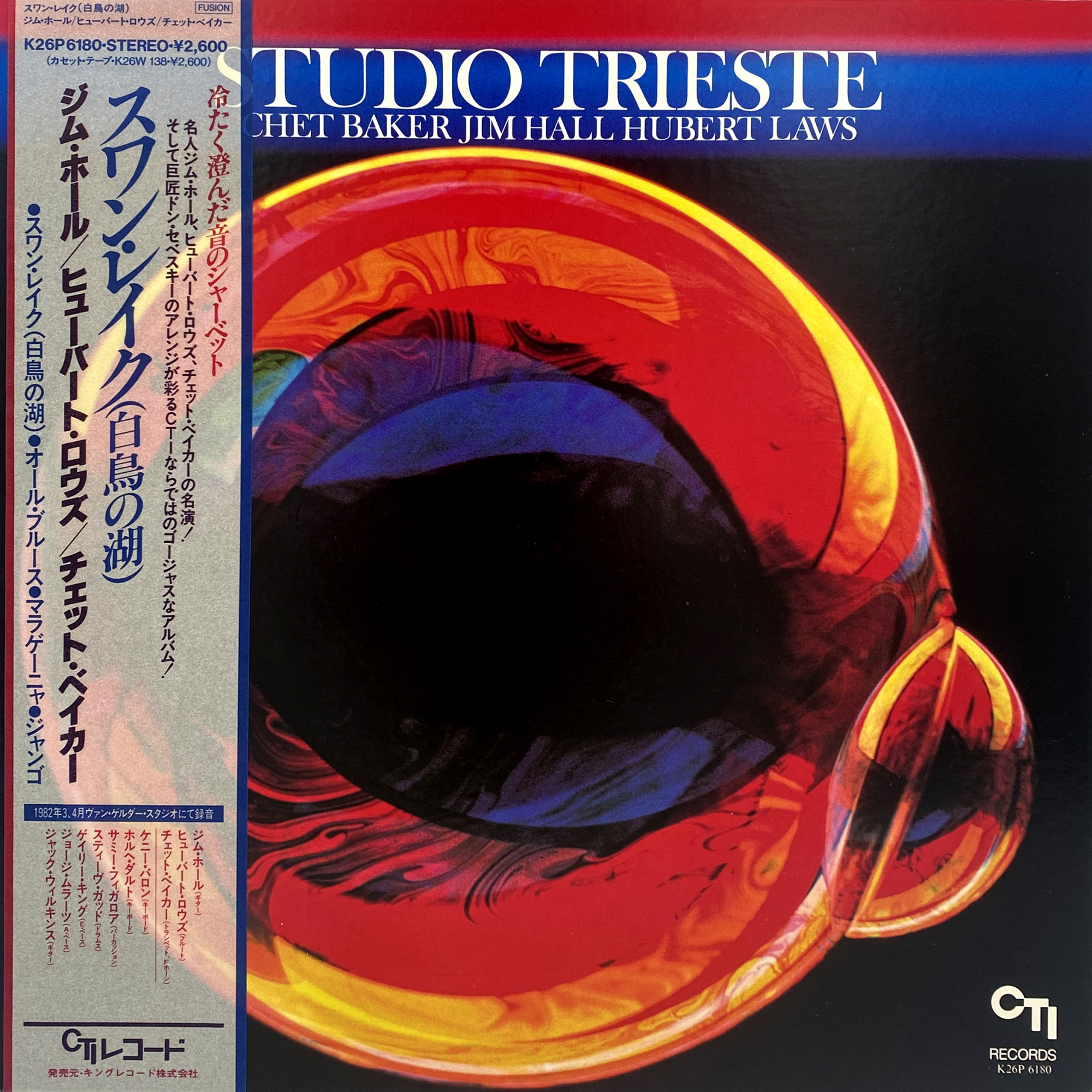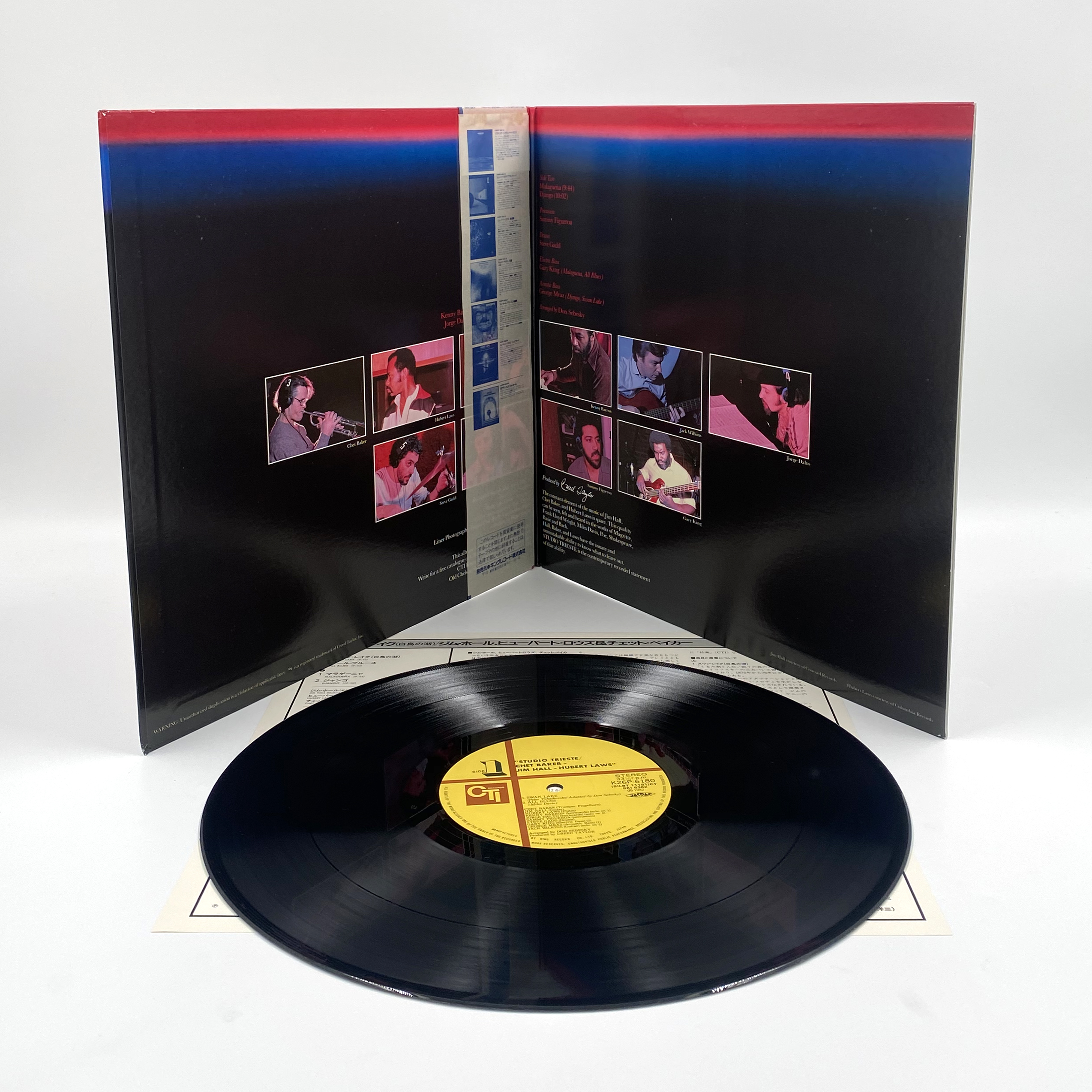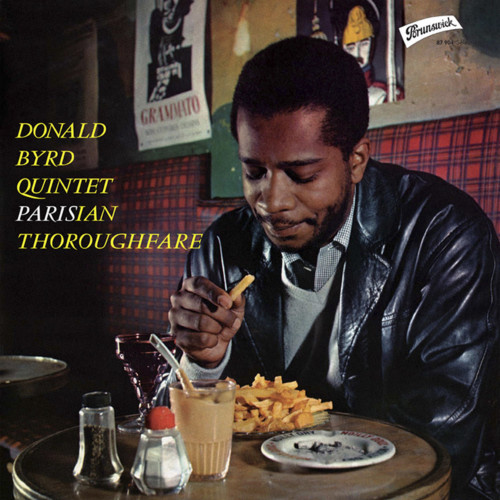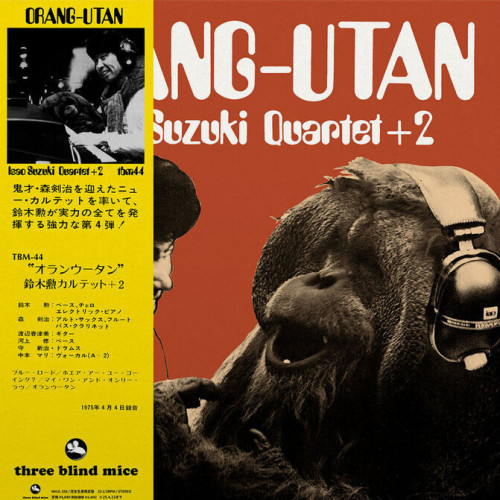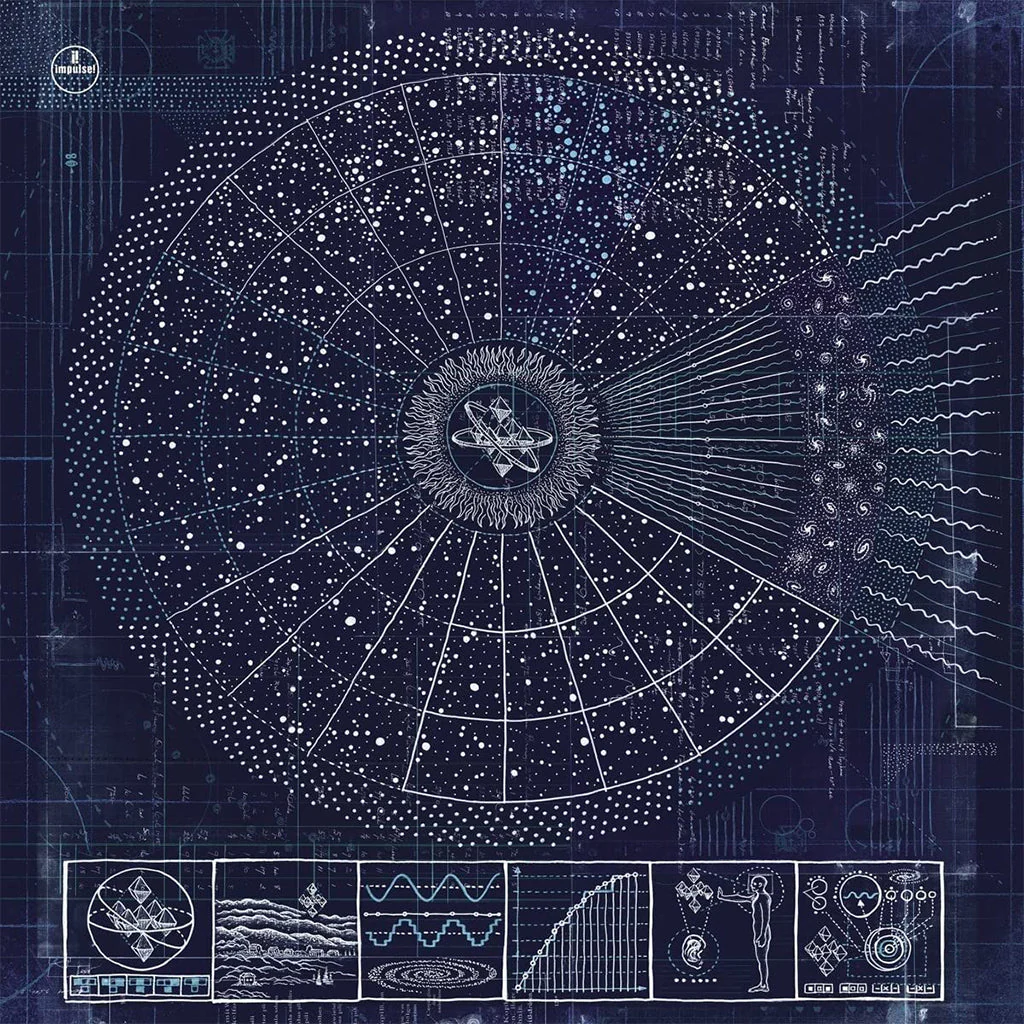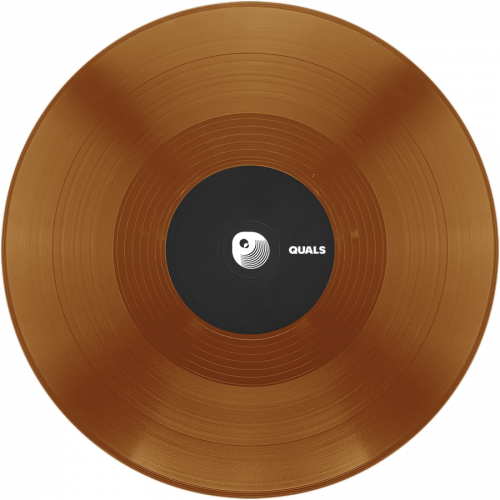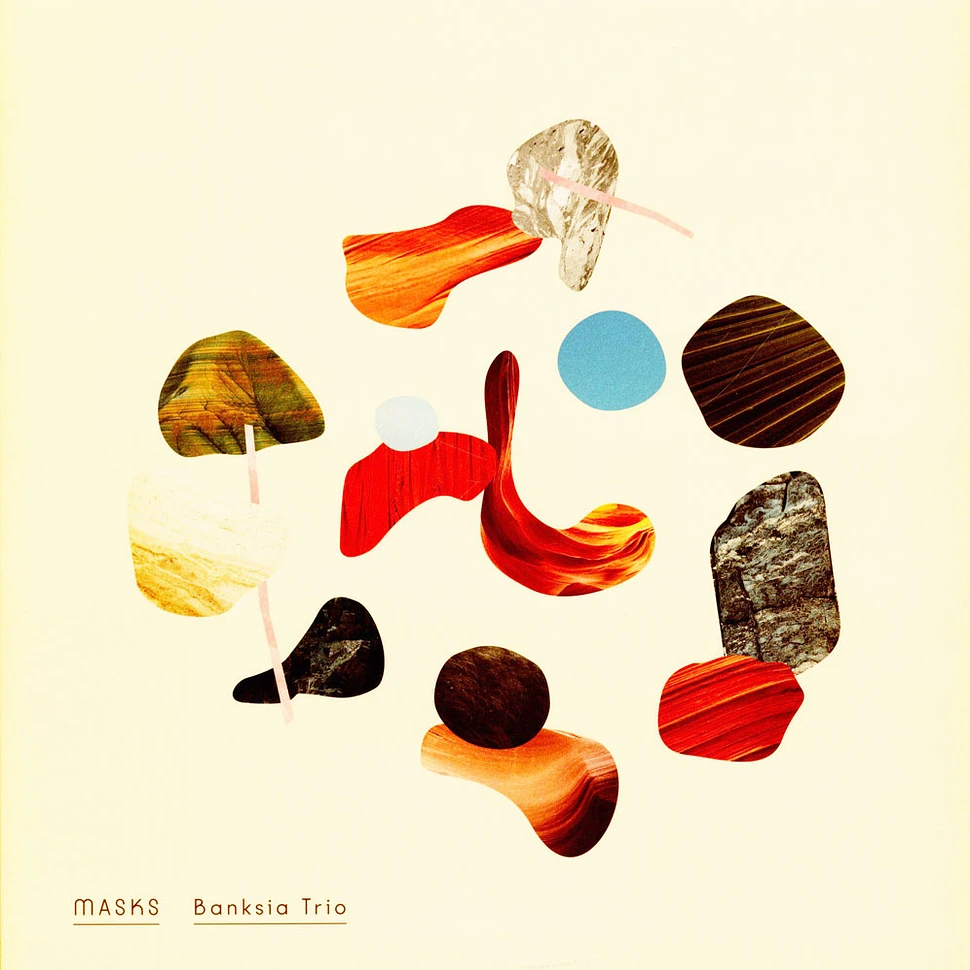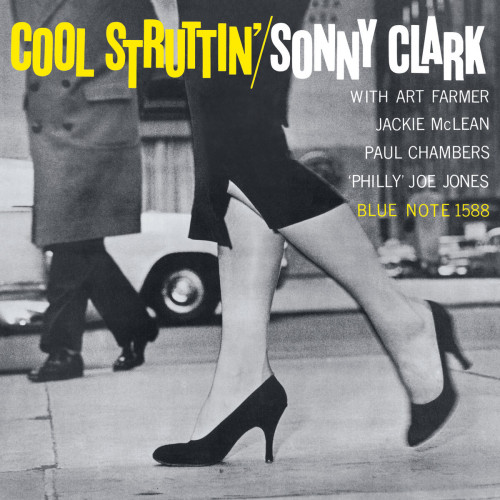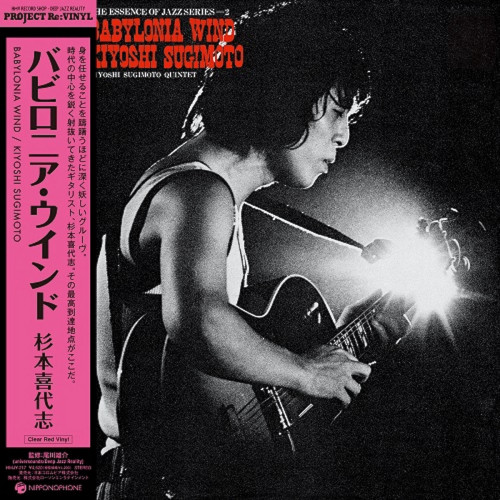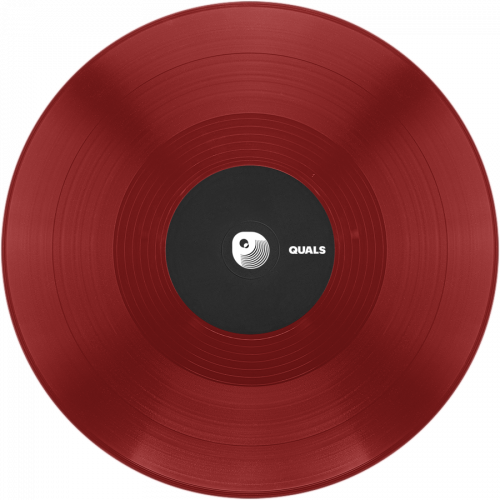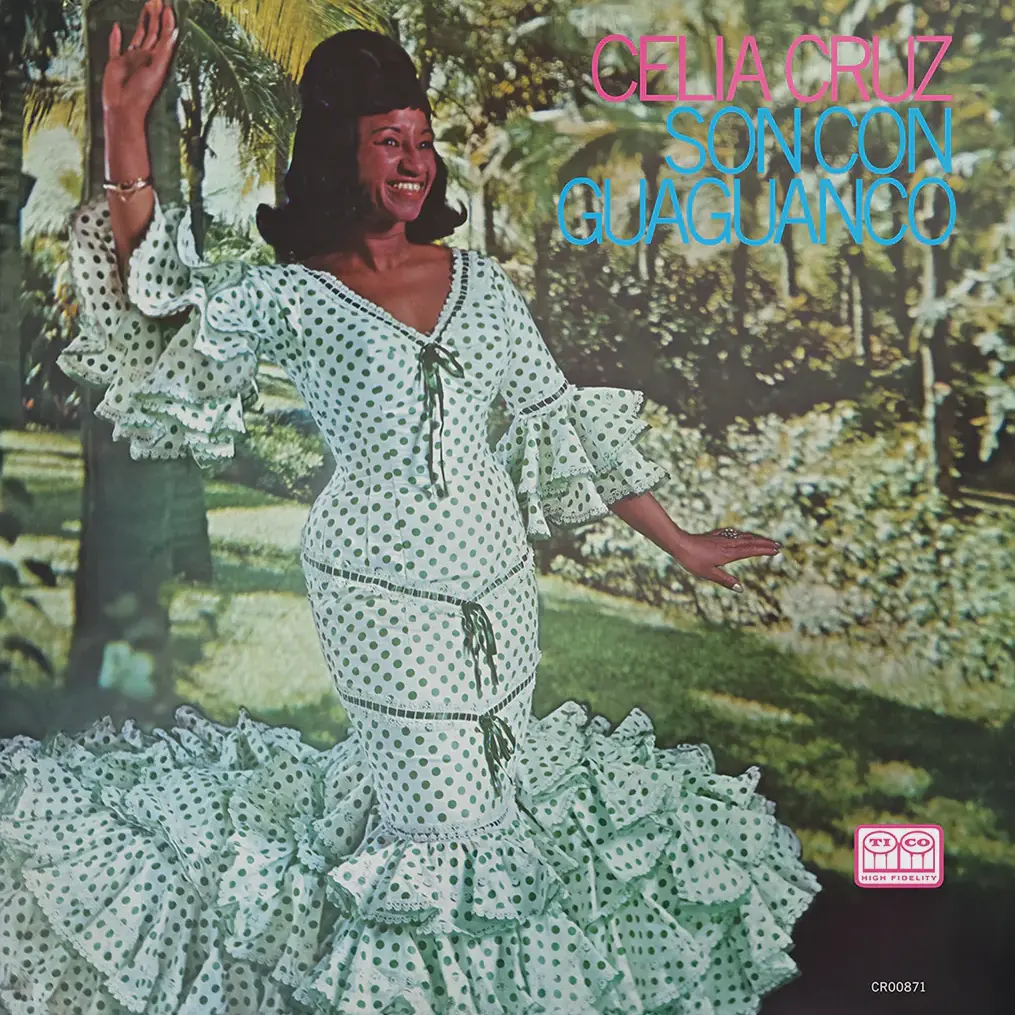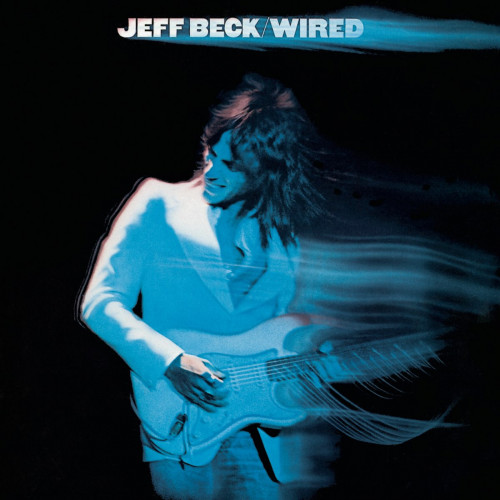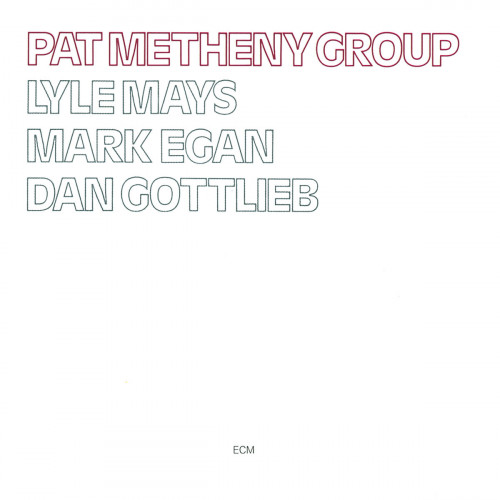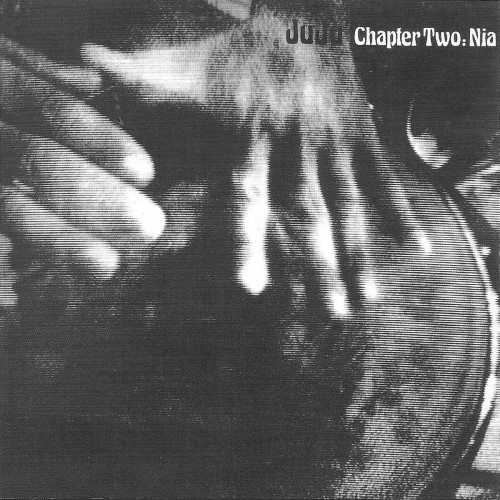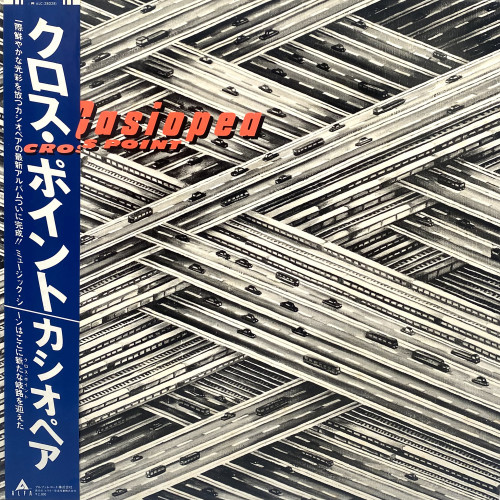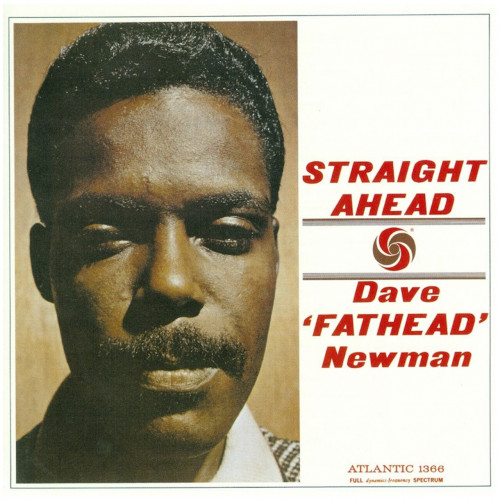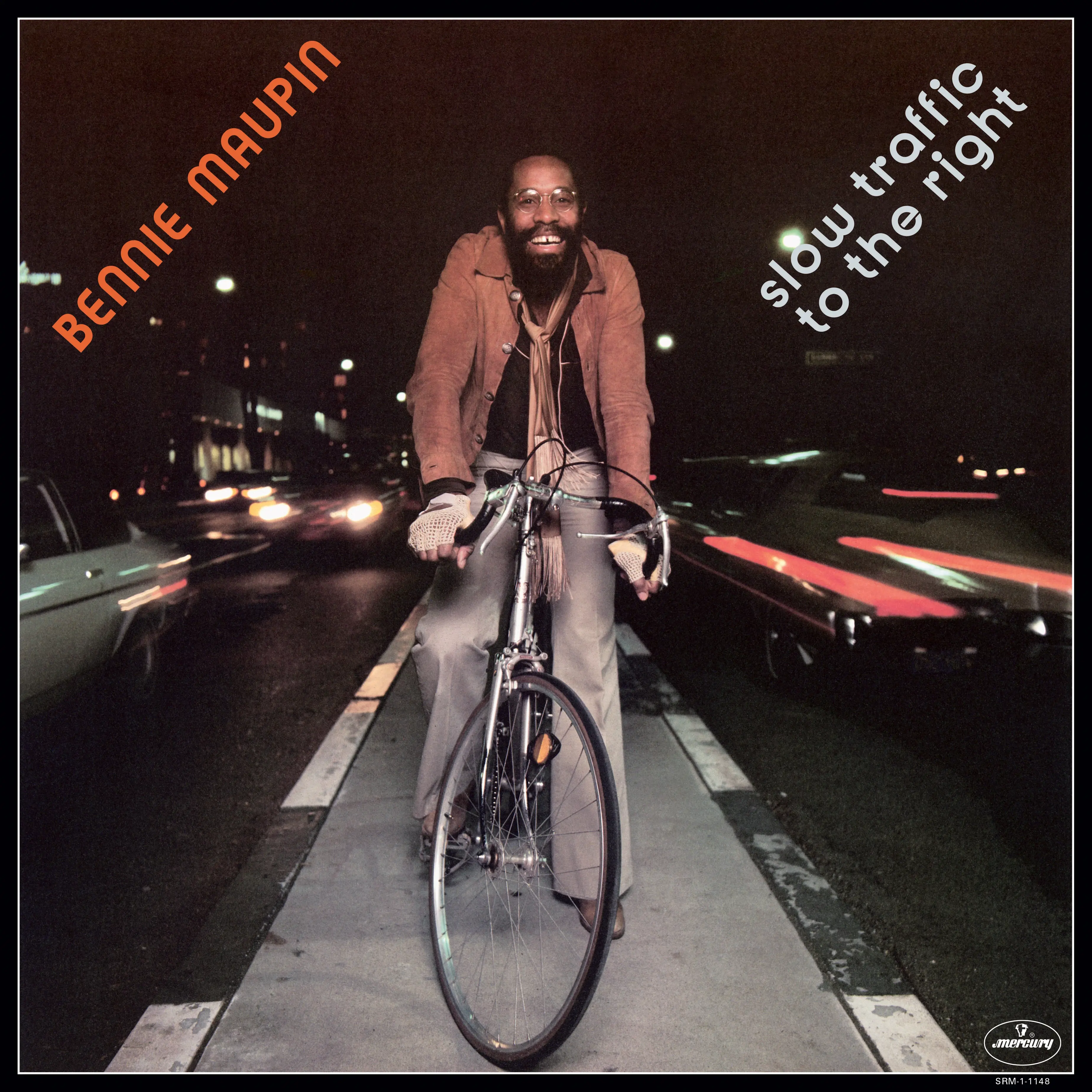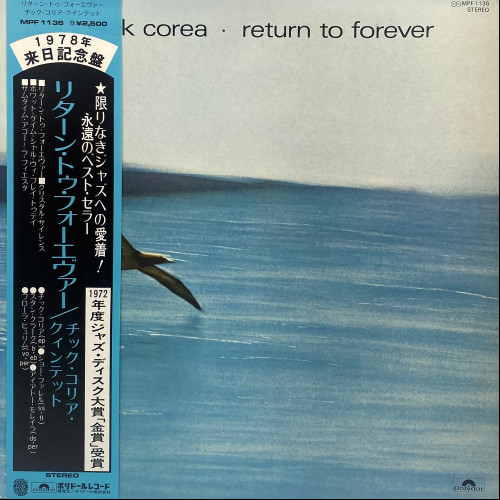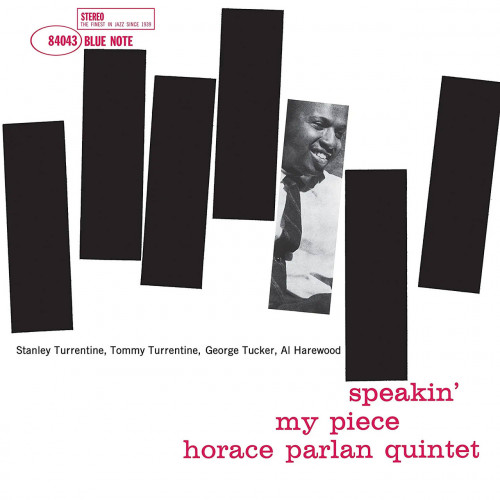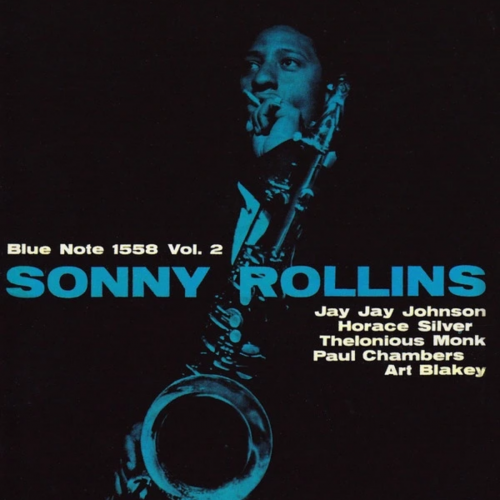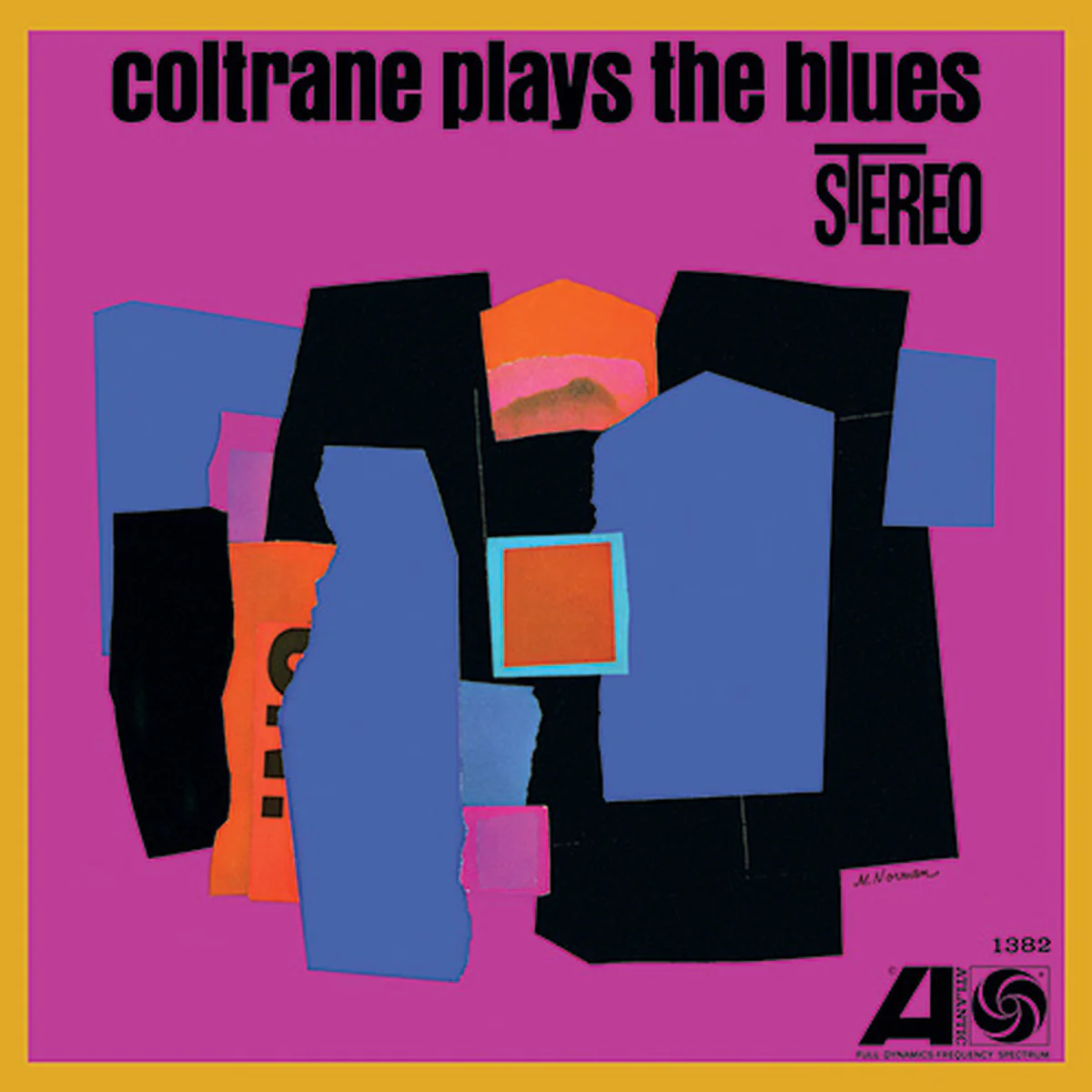The first track, "Malaguena", doesn't even feature Baker or Laws, just Jim Hall smothered in synth sounds and electric piano. Subtlety is certainly not what this is about.
Things cool down slightly on "Django", which does at least feature all three musicians in a listener-friendly smooth jazz environment that is defined mostly by the non-jazzy drum beat of rock drummer Steve Gadd, who did a much better job on Jim Hall's Concierto seven years earlier. In such a surrounding, Baker's solos, which usually breathe all the more the less he is surrounded by unnecessary overproduction, sound almost clinical. It is much to Baker's credit that he retains his unique elegance throughout.
Side two starts with a treatment of Tchaikowski's "Swan Lake", which is interesting to some degree, but feels quite pointless after a while. The way in which Sebesky transforms Miles Davis' "All Blues" into what seems to be a version of Ravel's "Bolero" is quite audacious, but feels more strange than interesting. Still, Baker gets the mood alright and plays a perfectly wonderful solo, and if there were only half as many musicians present on this track, the whole thing would be a more than decent version. But alas, there aren't, and Steve Gadd's unsensitive drumming pretty much spoils this one too.
No idea why this is called "Studio Trieste" by the way. It was recorded in Rudy Van Gelder's studio in New Jersey.
Musicians:
Bass – George Mraz (tracks: A1, B2)
Drums – Steve Gadd
Electric Bass – Gary King (tracks: A2, B1)
Flugelhorn, Trumpet – Chet Baker (tracks: A1, A2, B2)
Flute – Hubert Laws (tracks: A1, A2, B2)
Guitar – Jack Wilkins (tracks: A2), Jim Hall (tracks: A1, B1, B2)
Keyboards – Jorge Dalto (tracks: A2, B1)
Percussion – Sammy Figueroa
Piano, Electric Piano, Synthesizer – Kenny Barron (tracks: A1, B2)
